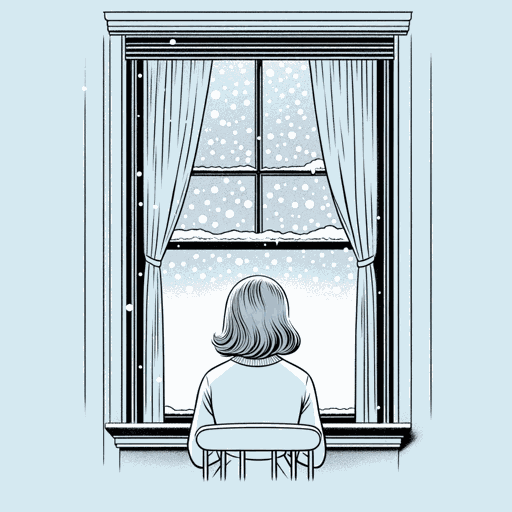47 pages • 1 hour read
Judith Ortiz CoferAmerican History
Fiction | Short Story | Adult | Published in 1993A modern alternative to SparkNotes and CliffsNotes, SuperSummary offers high-quality Study Guides with detailed chapter summaries and analysis of major themes, characters, and more. For select classroom titles, we also provide Teaching Guides with discussion and quiz questions to prompt student engagement.
Summary and Study Guide
Summary: “American History”
Judith Ortiz Cofer was a Puerto Rican-born American author. Her family settled in Paterson, New Jersey, when she was four and relocated to Augusta, Georgia, when she was 15. She was one of several women writers of Latin American descent whose work became prominent in the 1980s and 1990s. A longtime Georgia resident, Cofer was inducted into the Georgia Writers Hall of Fame in 2010. She died of cancer on her family’s farm outside of Louisville, Georgia on December 30, 2016.
Cofer’s short story “American History” appears in The Latin Deli: Prose and Poetry, a collection of Cofer’s poetry, personal narrative, and short fiction published by the University of Georgia Press in 1993. “American History” features in the section entitled “From the Book of Dreams in Spanish.” The Latin Deli has been published in both English and Spanish.
“American History” describes a day in the life of Elena, a 14-year-old Puerto Rican resident of Paterson, New Jersey. It is November 22, 1963, the day President John F. Kennedy was assassinated. Elena has developed a crush on a boy named Eugene whose family has just moved next door to her tenement, El Building. Eugene and his family relocated from Georgia when the company that employs Eugene’s father transferred him to a Paterson office. Elena and Eugene have since bonded over their bookishness and mutual feeling of being outcasts in Paterson.
On the day of Kennedy’s assassination, Mr. DePalma, a teacher, releases Elena and her class from school early. She and Eugene have planned to study for an American history test together and then go to the public library. Elena’s mother implores her to remain at home and go to church later to pray. Elena insists on going to Eugene’s, though her mother warns her that she is making a mistake. Eugene’s mother answers the door, looks derisively at Elena, and angrily tells her to go home, refusing to allow Eugene to spend any more time with her. That night, Elena cries—for herself, not for the fallen president and his family. The story concludes with her watching the snow falling against the light from a streetlamp.








Related Titles
By Judith Ortiz Cofer




